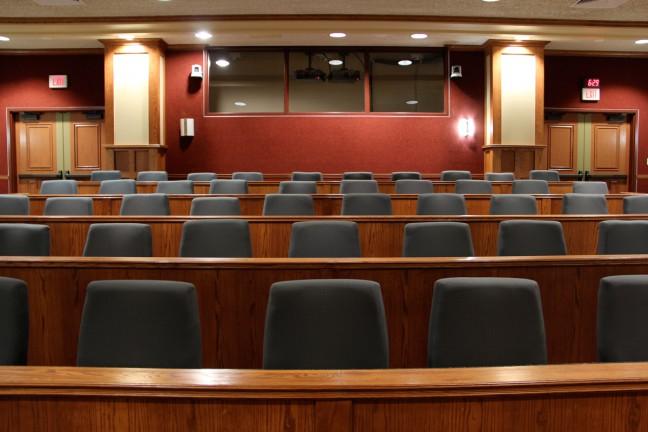The 2016 American Educational Research Association recognized two University of Wisconsin faculty members Tuesday for their excellence in education research.
Each year, AERA honors faculty for their contributions to the study and practice of education.
This year, School of Education Dean Diana Hess and UW’s Center for Ethics and Education Program Director Paula McAvoy received the 2016 AERA Outstanding Book Award for their co-authored publication.

Courtesy of Paula McAvoy
Their book, “The Political Classroom: Evidence and Ethics in Democratic Education,” is meant to serve as a resource for educators who want to help prepare students to participate in democracy, McAvoy said.
The book instructs educators on how to introduce controversial political issues in their classrooms with a focus on what students may learn from it, she said.
The book covers a mixed-method study of high school teachers addressing controversial political issues in their classrooms. It presents readers with rich case studies of teachers who use different methods, McAvoy said.
McAvoy said the high school classroom is a great place to learn about controversial political issues, and may be the only place to learn about them due to the increasingly polarized political system today.
Often adults don’t model their discussions to include different sides of an issue, but instead tend to take a stand and argue it, McAvoy said. Classrooms can serve as a place where students can hopefully learn what a better democracy looks like.
“When we look at today’s climate — which is really polarized — one thing we are able to speak to in the book is how political polarization is really affecting classroom practice, and I think this is a really important thing for teachers to think about,” she said.
McAvoy and Hess were both high school social studies teachers prior to both pursuing a Ph.D. and becoming professors at UW. Hess’ research interests include the impact of school-based civic education programs on youth and McAvoy’s research focuses on the philosophy of education and examines teaching ethics.
They merged their interests in the book, drawing upon a study McAvoy had been working on in graduate school. The study highlighted good teaching practices and examined ethical challenges involving democracy in public schools.
McAvoy said Hess and her were excited to be recognized for their work.
“We were both thrilled,” McAvoy said. “This has been a really long project and hard book to write … It was really great to have it recognized by such a prestigious organization.”


